Cishet – What is it? What does it mean?
 Cishet Flag
Cishet Flag
What is it?
Cishet is a denomination used to refer to people who are both cisgender and heterosexual.
Being cisgender means that one’s gender identity corresponds to this person’s biological sex. As for heterosexuality, it’s the sexual, romantic, and emotional attraction towards the opposite gender – what many call being “straight.”
What does it mean?
While cishet can simply be a way to describe those who identify with the gender they were assigned at birth, and happen to be attracted to people of the opposite gender, it can also sometimes carry a heavy discriminatory connotation.
When used by some members of the LGBTQ+ community, it can be a way of separating them from the rainbow spectrum by means of gender identity and sexual orientation. It can, however, also be used without any undertone.
Table of Content
History
According to the Queer Dictionary, the cishet term was born on internet forums in the 2000s.
The prefix cis, meaning “on this side of” in Latin, was first used in the context of gender around 1994, but can also be applied in chemistry and biology. The word cisgender was created as the antonym for transgender, to facilitate gender discussions.
In the same way, heterosexuality was conceived as the antonym for homosexuality in 1869. Hetero is the Greek word for “another” or “other party”, and isn’t always used to describe sexual orientation; it can also be employed in the science context to reference something that is different.
Related Terminology
Asexual: people who do not experience sexual attraction towards other people.
Aromantic: people who do not experience romantic attraction towards other people.
A-spec: all asexual and aromantic people.
Alloromantic: people who experience romantic attraction towards other people.
Allosexual: people who experience sexual attraction towards other people.
Allocishet, cisallohet, or cishetallo: cisgender and heterosexual people who experience romantic and sexual attraction.
Perisex: people who aren’t intersex.
Pericishet: perisex people who are also cisgender and heterosexual.
Periallocishet: perisex, cisgender heterosexual people who experience romantic and sexual attraction towards other people.
Dyadic: people who fall into the gender binary (female/male).
Dycishet: cisgender and heterosexual people who fall into the gender binary.
Monogamous or monoamorous: people who prefer having a single sexual and/or romantic partner.
Monocishet: monogamous/monoamorous cisgender and heterosexual people.
Perimonocishet: perisex monogamous/monoamorous cisgender and heterosexual people.
Monoallocishet: monogamous/monoamorous heterosexual cisgender people who experience romantic and sexual attraction towards other people.
Polyamorous: people who prefer having sexual and/or romantic relationships with several different people, with the consent of all parties involved.
Ally: someone who does not directly identify with the LGBTQ+ community but supports and defends their cause.
Ectosexual: people who experience attraction to people other than themselves (as opposed to autosexual).
Cissexual: people who are comfortable with their genitalia.
Comphet: people who were forced to identify as heterosexual through the belief that it is the only acceptable orientation.
Cisnormativity and cissexism: the assumption that all people identify with the gender they were assigned at birth, and that being transgender is wrong and artificial (also commonly referred to as transphobia).
Cishet Flags and Symbols
Although there is no official cishet flag, the Tumblr page pride-flags-for-cishets compiled the most used symbols. Tumblr user enb-ab-y also showcased their own designs, which have since gained popularity.
 Cisgenital Pride Flag by pride-flags-for-cishets
Cisgenital Pride Flag by pride-flags-for-cishets
 Ectosexual Pride Flag by pride-flags-for-cishets
Ectosexual Pride Flag by pride-flags-for-cishets
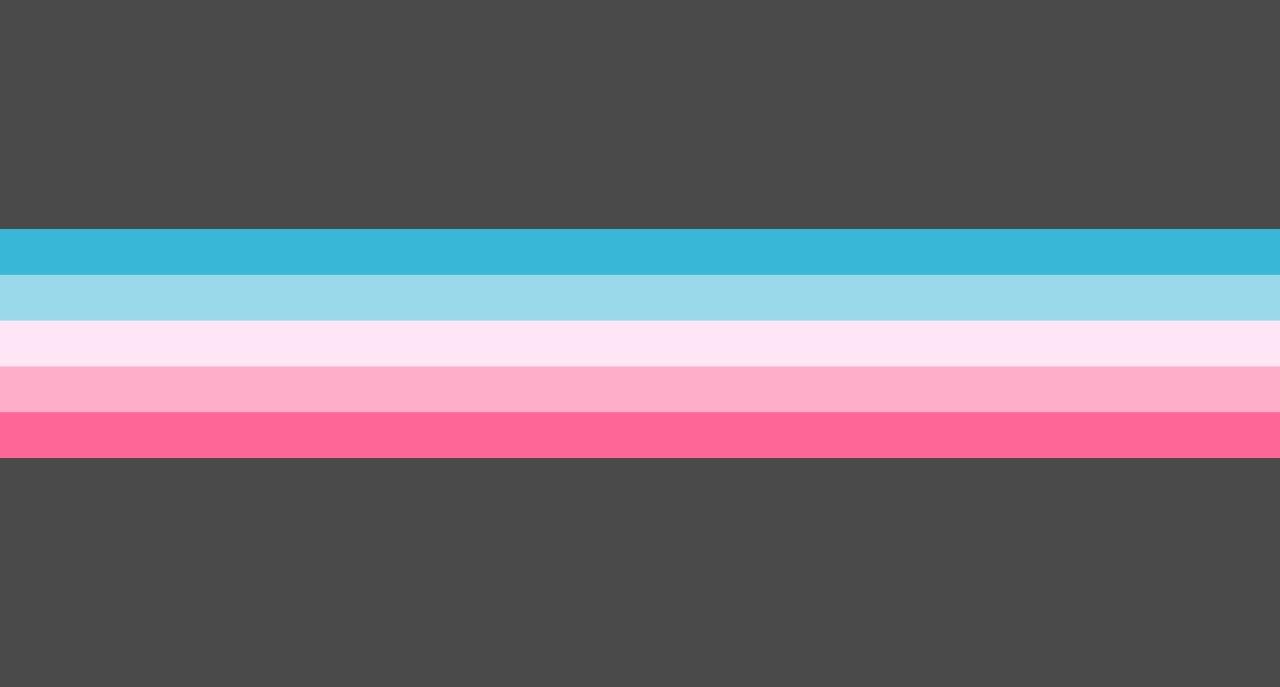 Gender Conforming Pride Flag by pride-flags-for-cishets
Gender Conforming Pride Flag by pride-flags-for-cishets
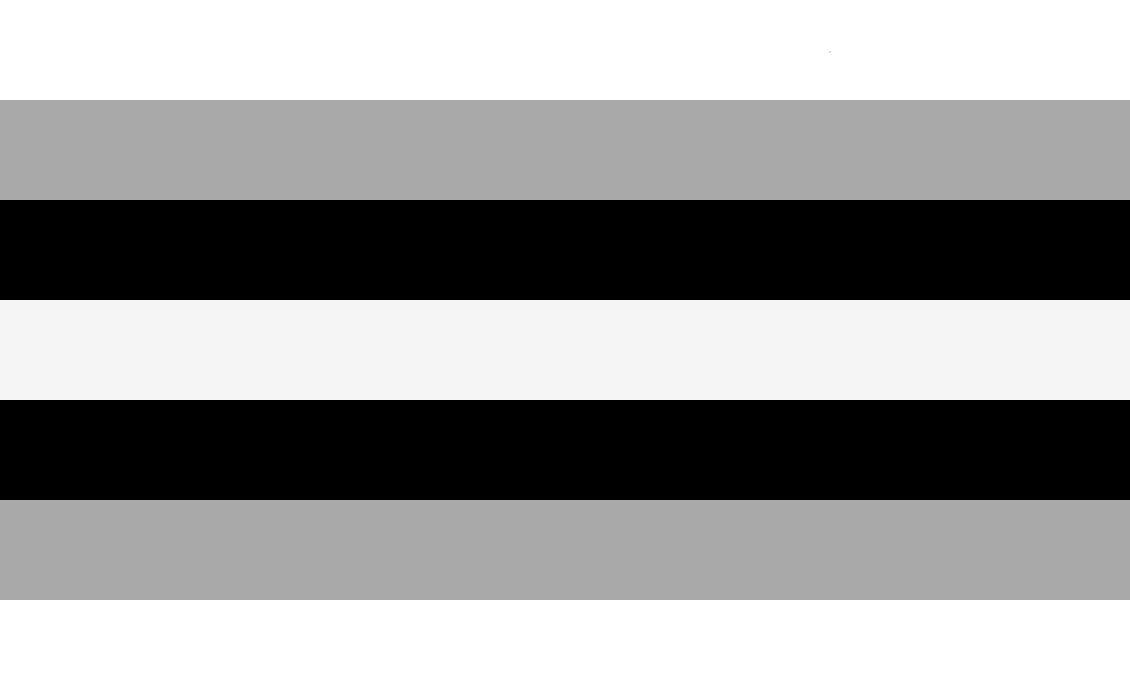 Allosexual/Alloromantic Pride Flag by pride-flags-for-cishets
Allosexual/Alloromantic Pride Flag by pride-flags-for-cishets
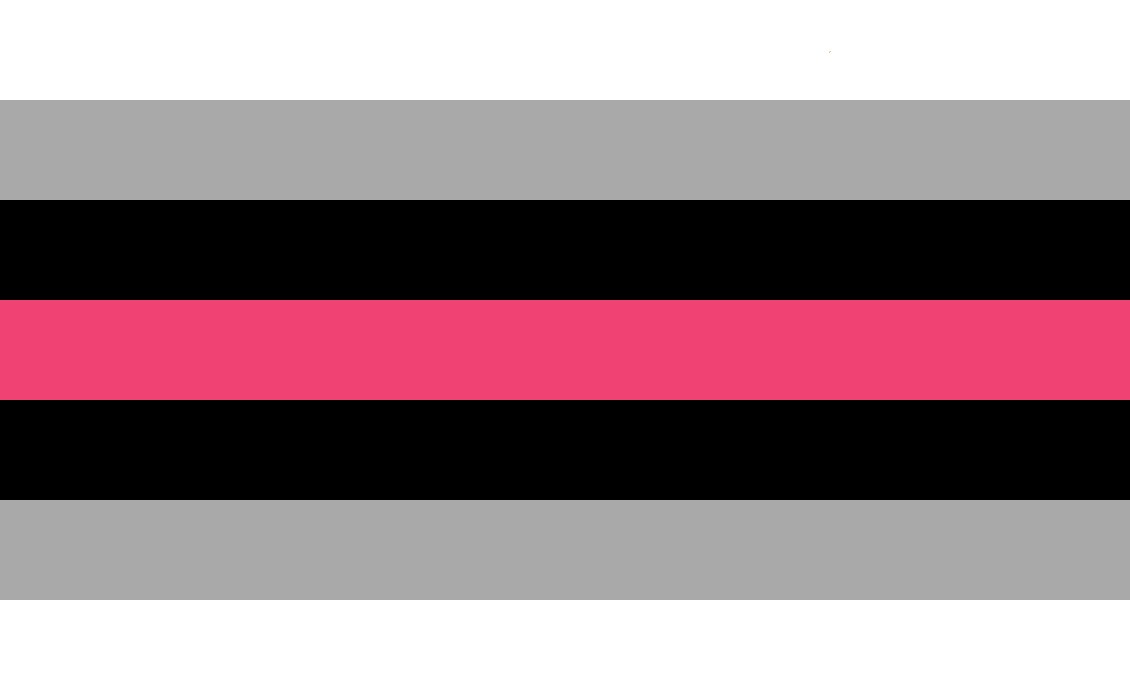 Allosexual/Alloromantic Pride Flag by pride-flags-for-cishets
Allosexual/Alloromantic Pride Flag by pride-flags-for-cishets
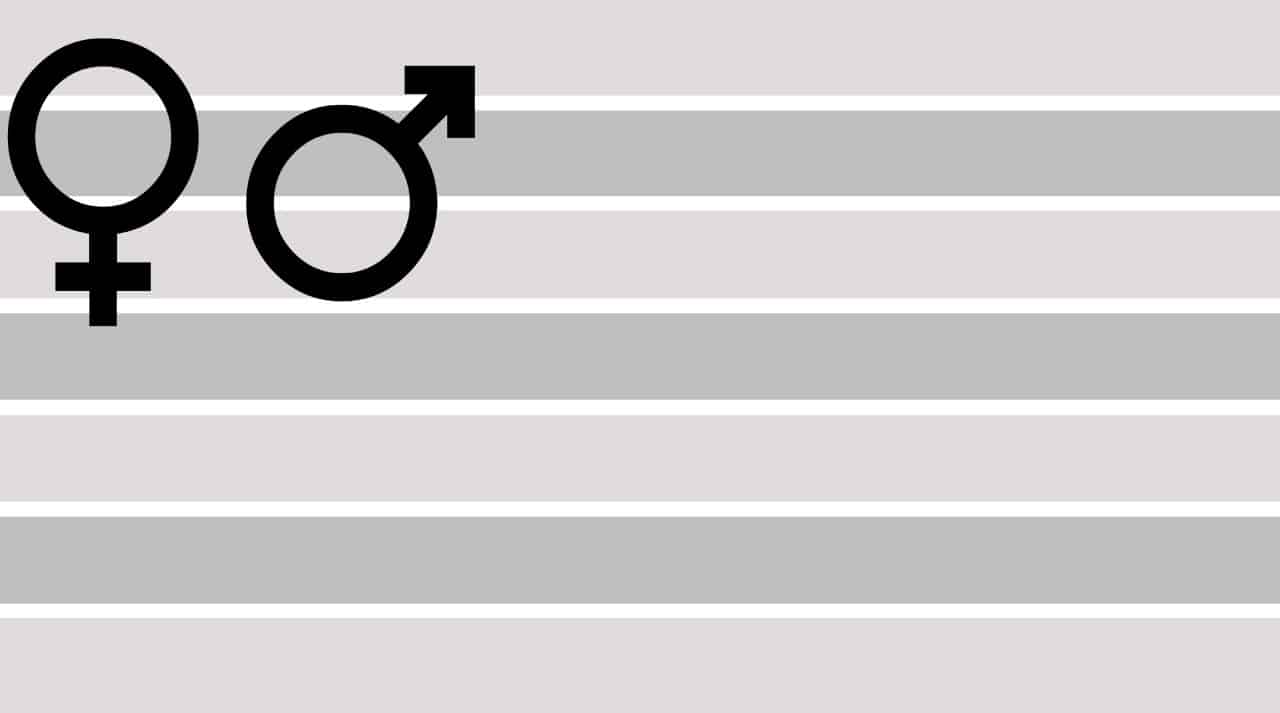 Cissexual Pride Flag by pride-flags-for-cishets
Cissexual Pride Flag by pride-flags-for-cishets
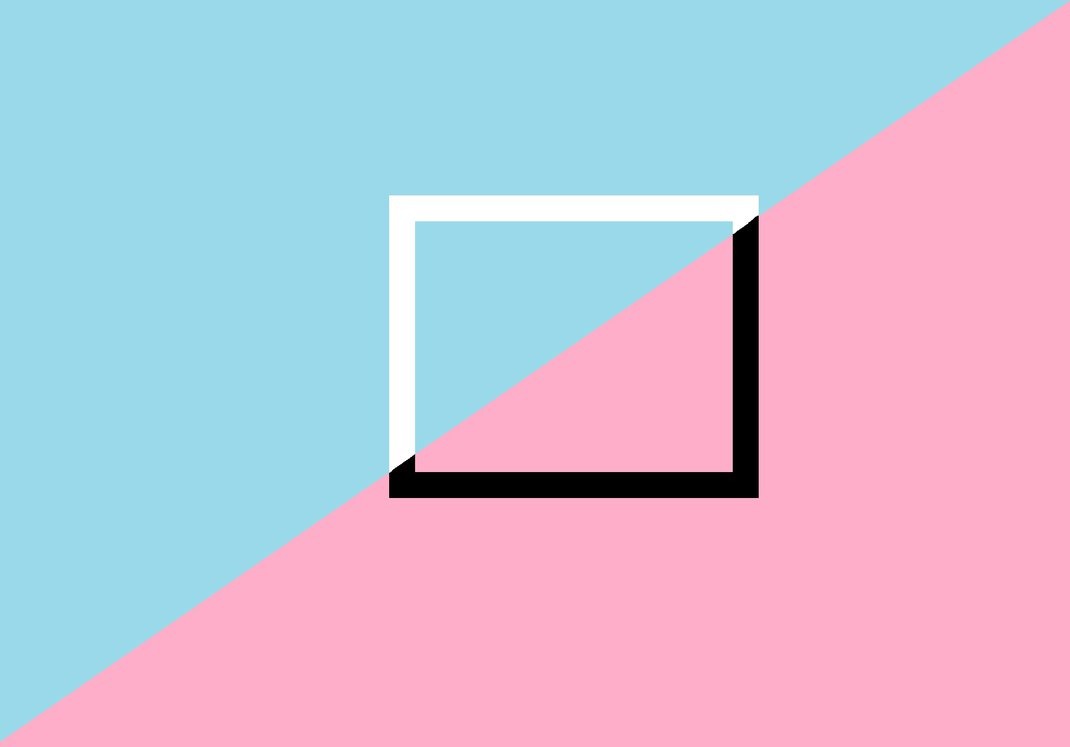 Perisex/Dyadic Pride Flag by pride-flags-for-cishets
Perisex/Dyadic Pride Flag by pride-flags-for-cishets
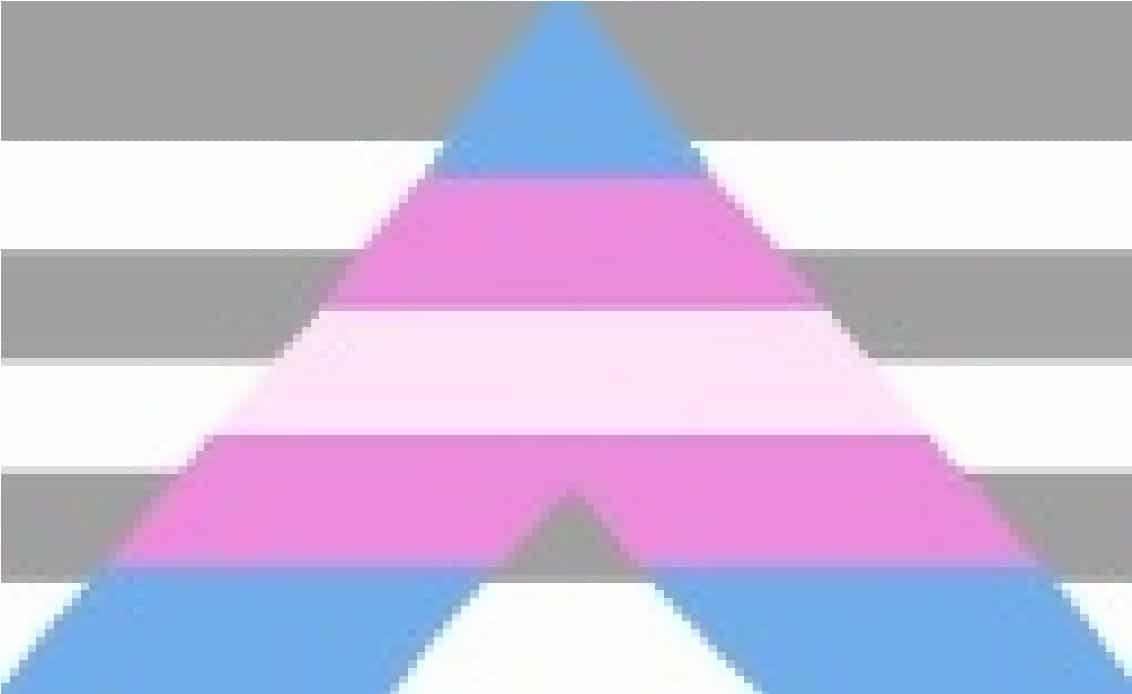 Cisgender Ally Pride Flag by pride-flags-for-cishets
Cisgender Ally Pride Flag by pride-flags-for-cishets
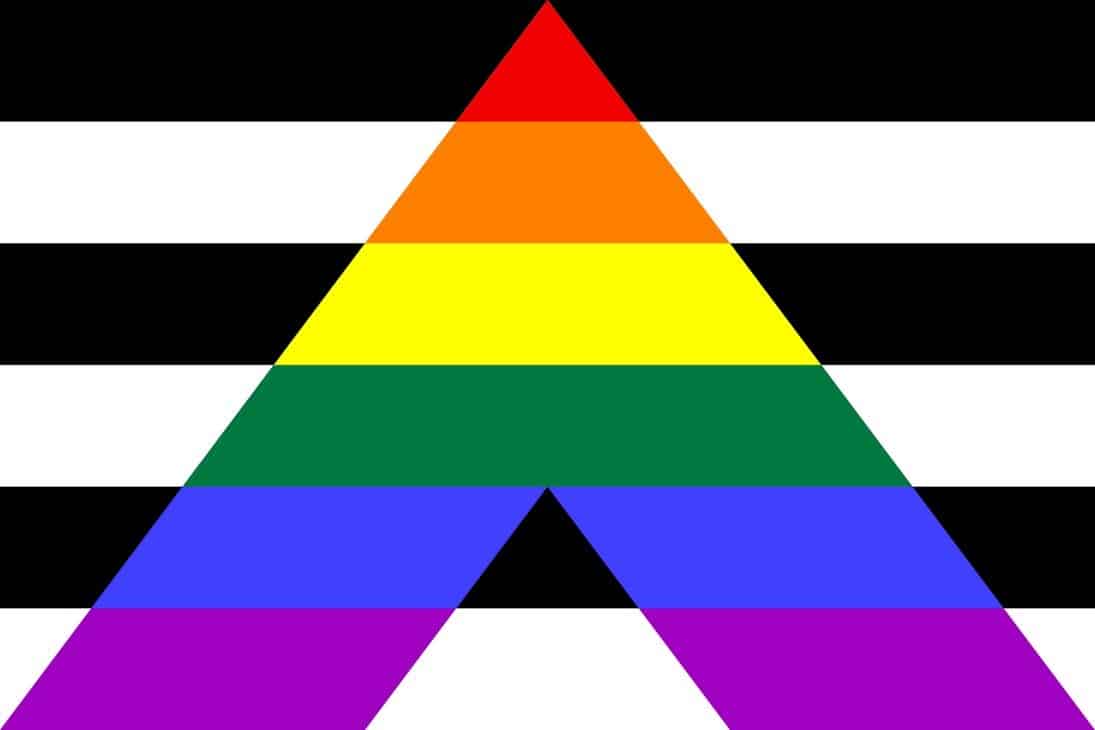 Straight Ally Pride Flag by pride-flags-for-cishets
Straight Ally Pride Flag by pride-flags-for-cishets
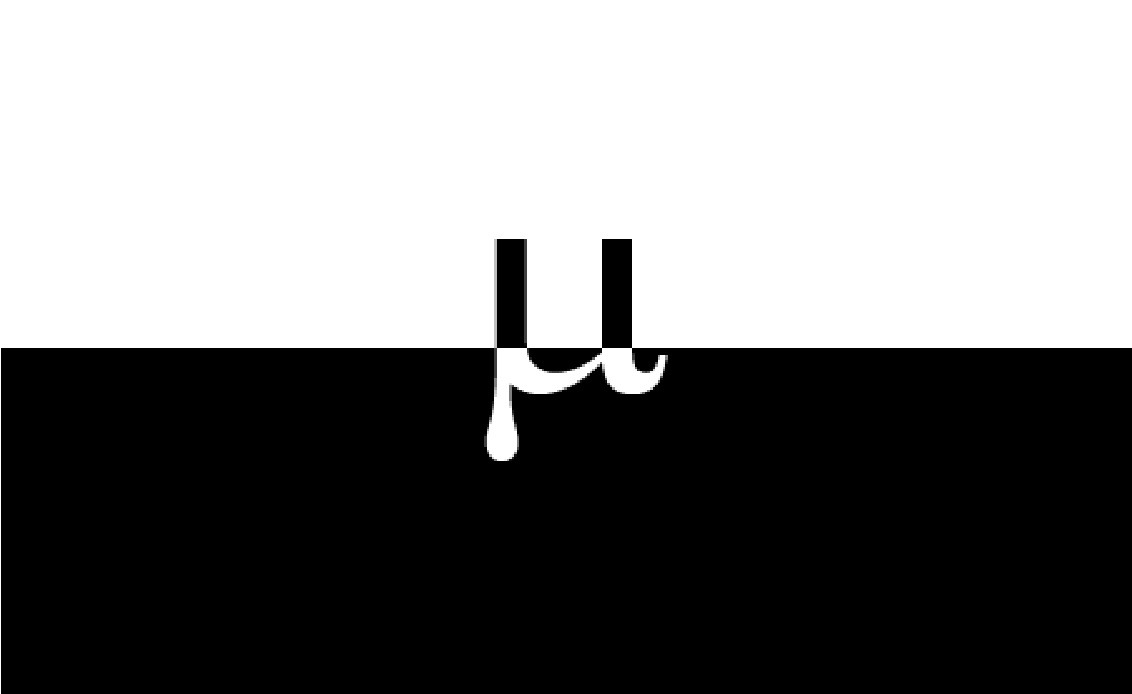 Monogamy Pride Flag by pride-flags-for-cishets
Monogamy Pride Flag by pride-flags-for-cishets
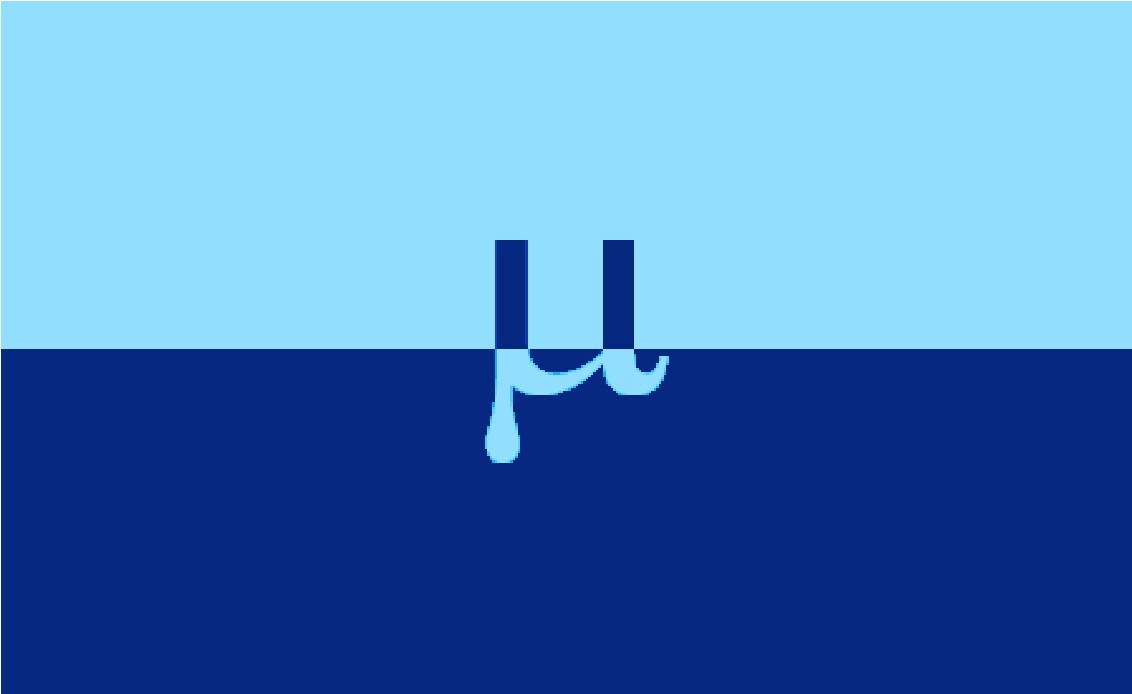 Monogamy Pride Flag by pride-flags-for-cishets
Monogamy Pride Flag by pride-flags-for-cishets
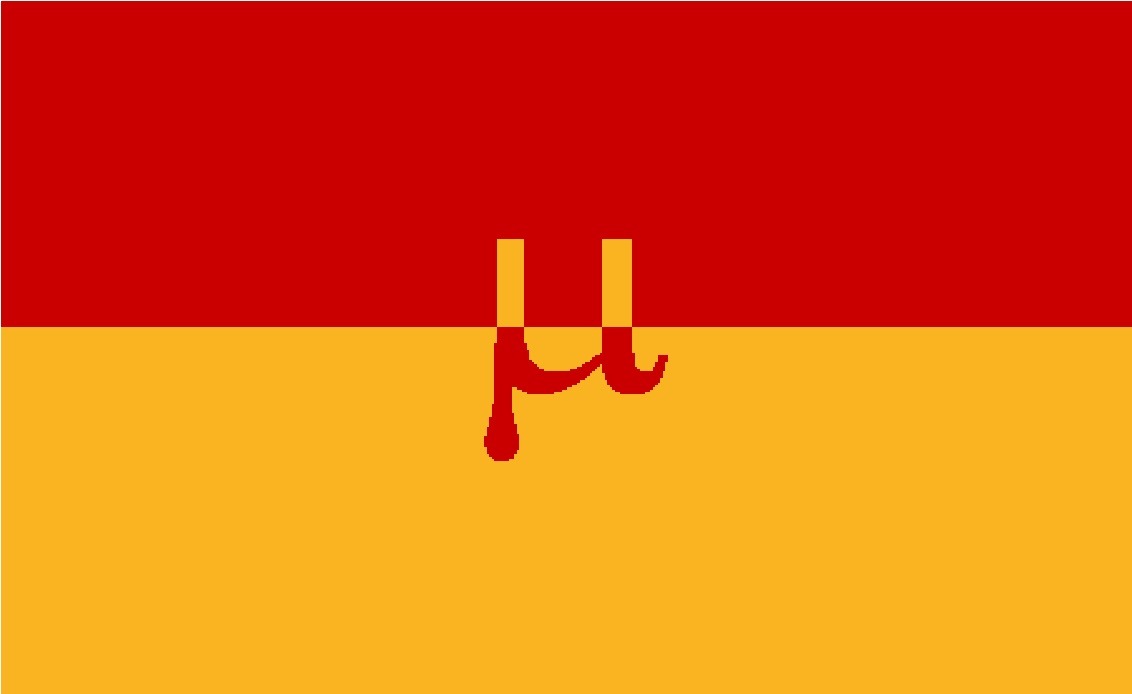 Monogamy Pride Flag by pride-flags-for-cishets
Monogamy Pride Flag by pride-flags-for-cishets
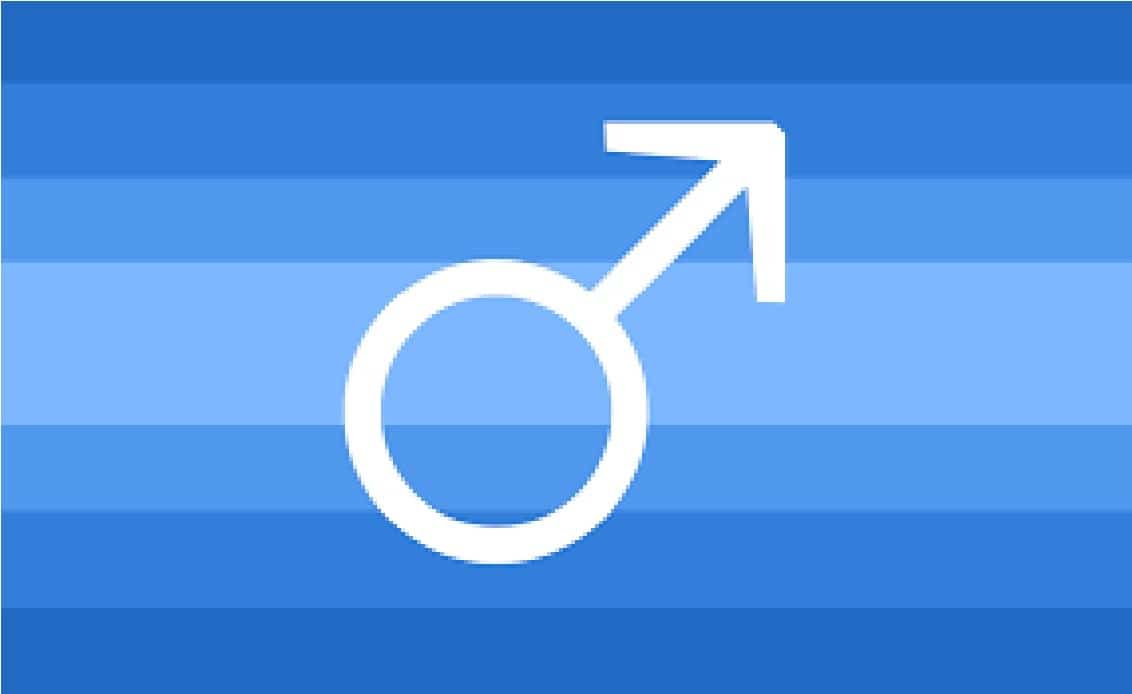 Cisgender Male Pride Flag by pride-flags-for-cishets
Cisgender Male Pride Flag by pride-flags-for-cishets
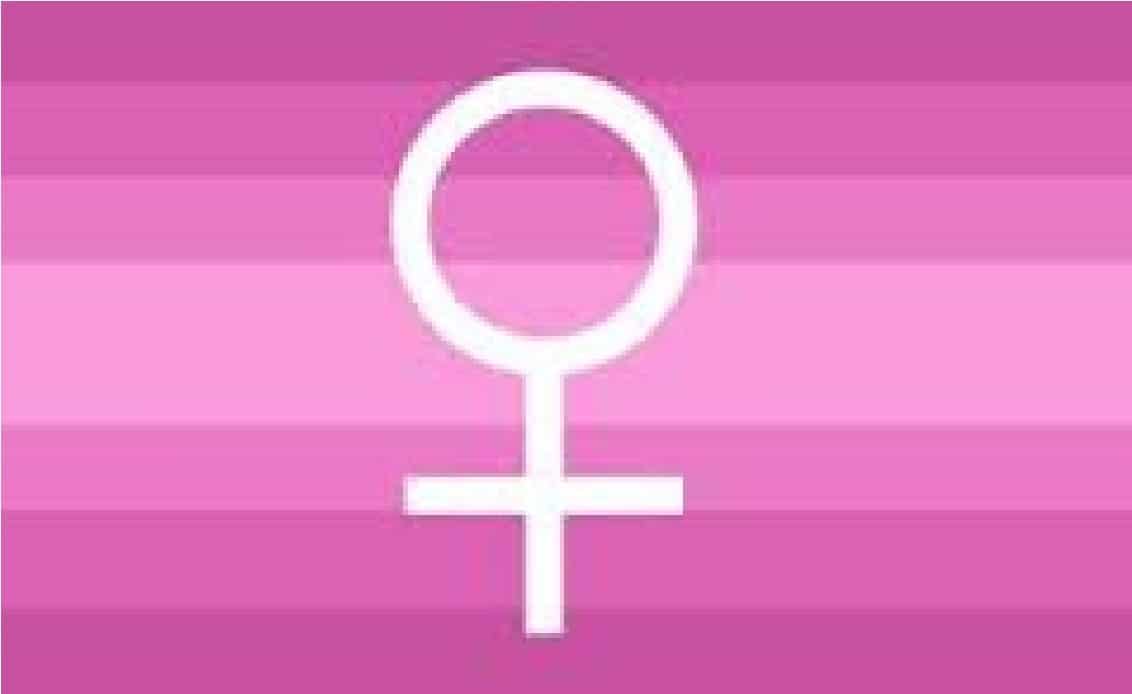 Cisgender Female Pride Flag by pride-flags-for-cishets
Cisgender Female Pride Flag by pride-flags-for-cishets
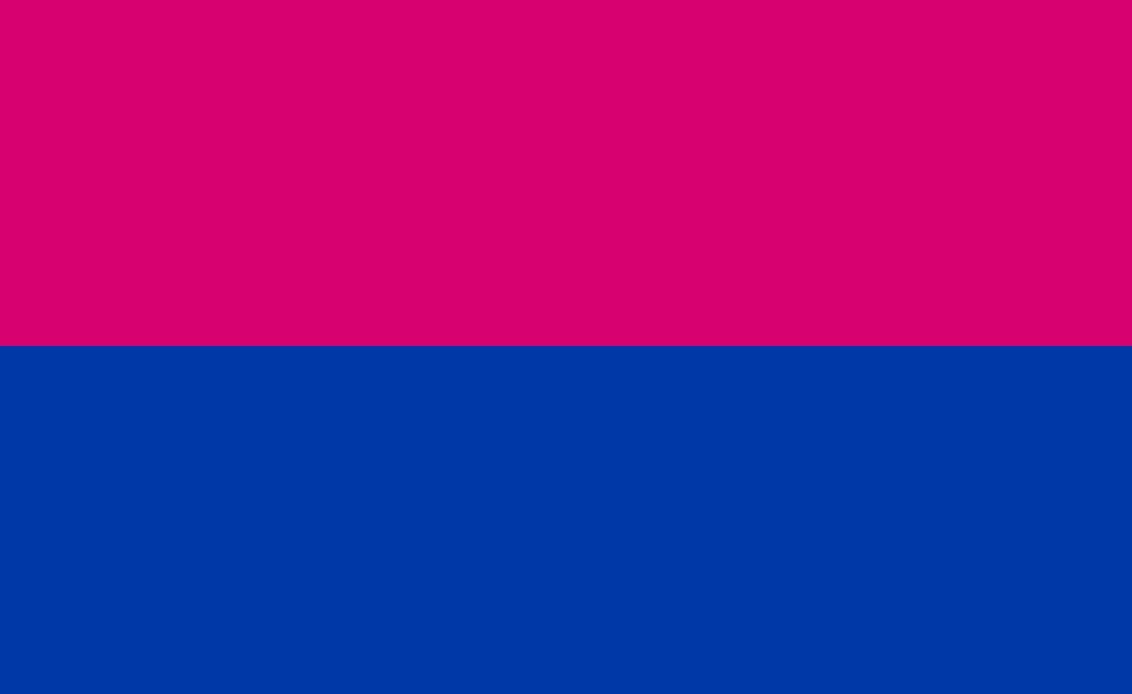 Gender Binary Pride Flag by pride-flags-for-cishets
Gender Binary Pride Flag by pride-flags-for-cishets
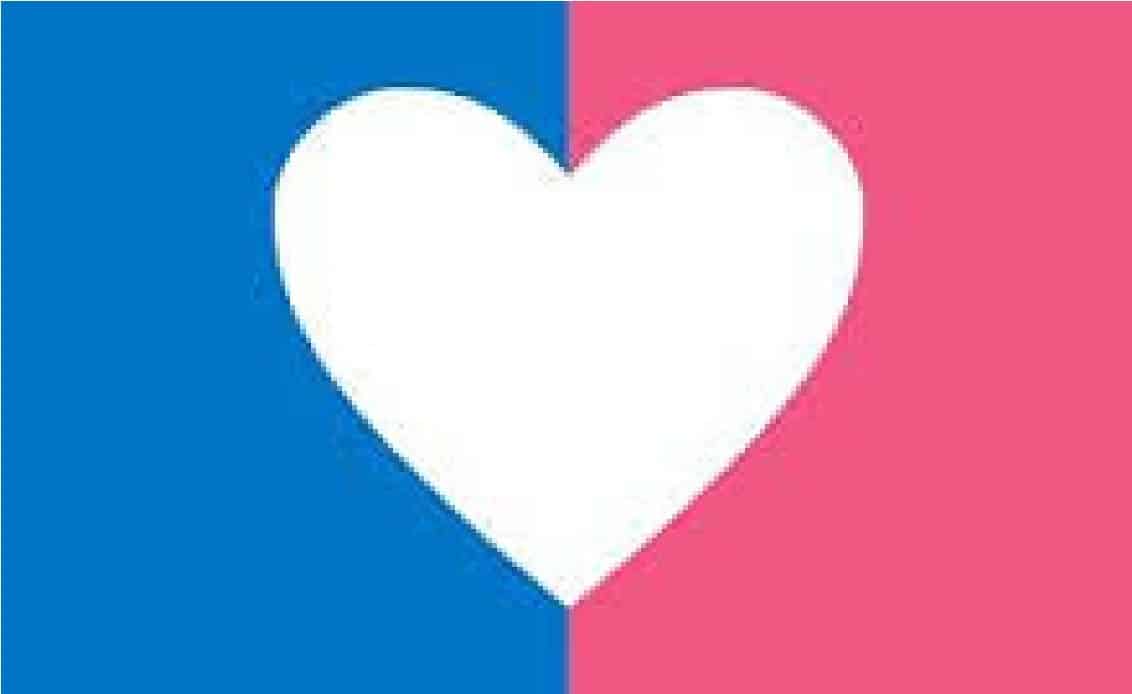 Cisgender Pride Flag by pride-flags-for-cishets
Cisgender Pride Flag by pride-flags-for-cishets
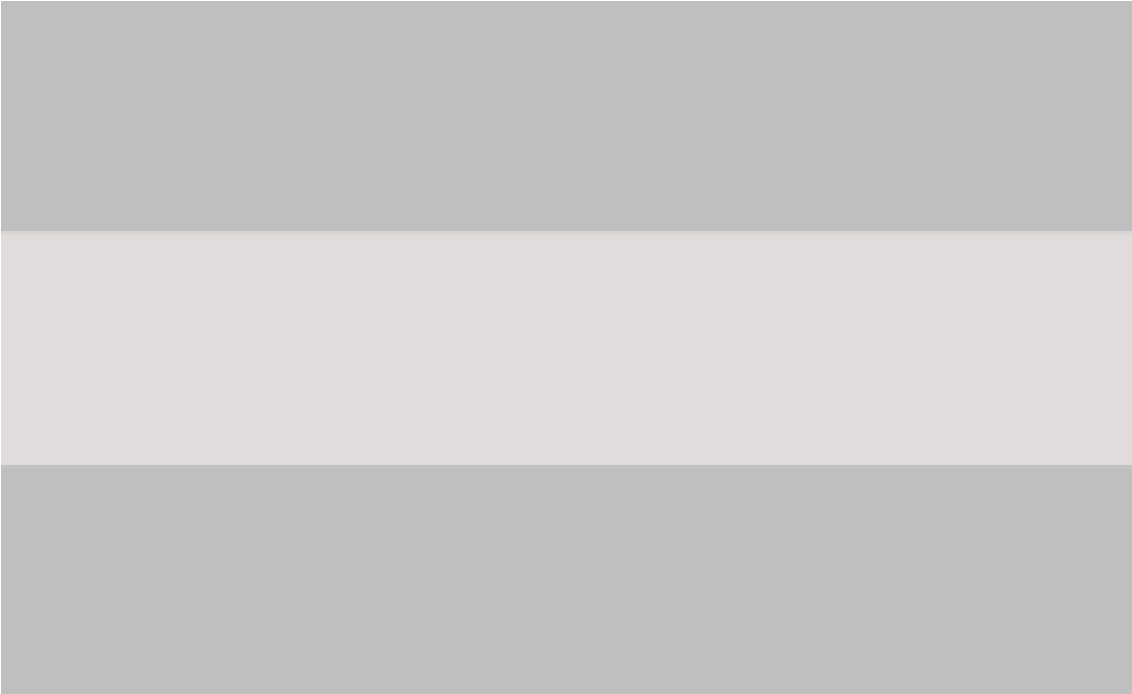 Cisgender Pride Flag by pride-flags-for-cishets
Cisgender Pride Flag by pride-flags-for-cishets
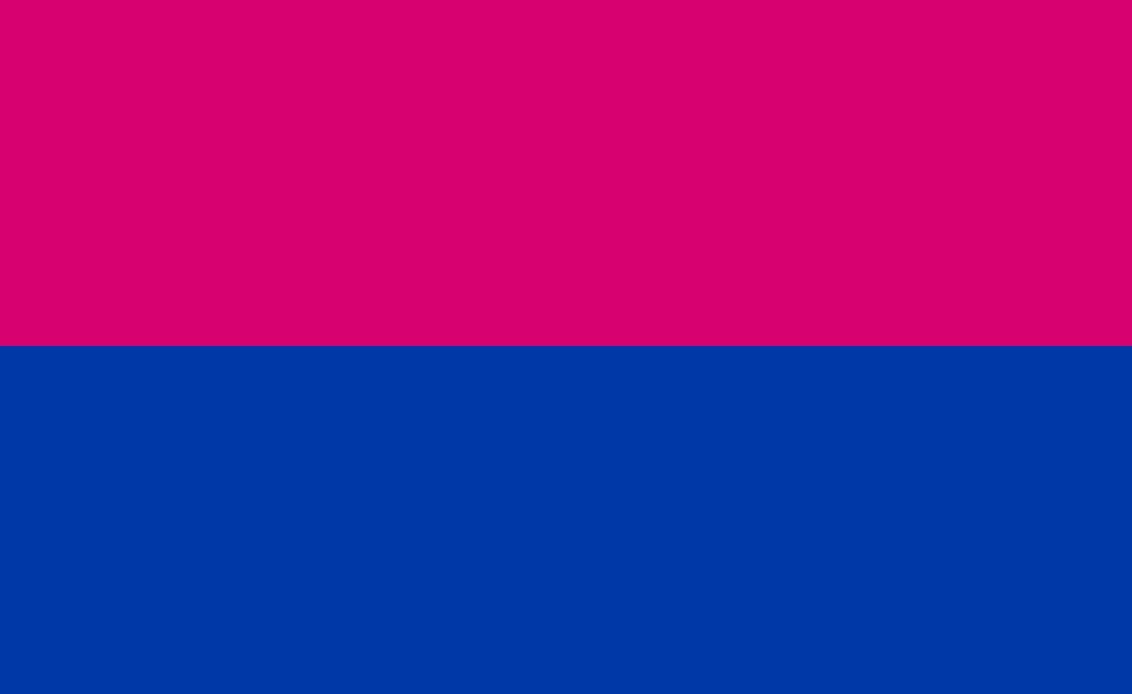 Cisgender Pride Flag by pride-flags-for-cishets
Cisgender Pride Flag by pride-flags-for-cishets
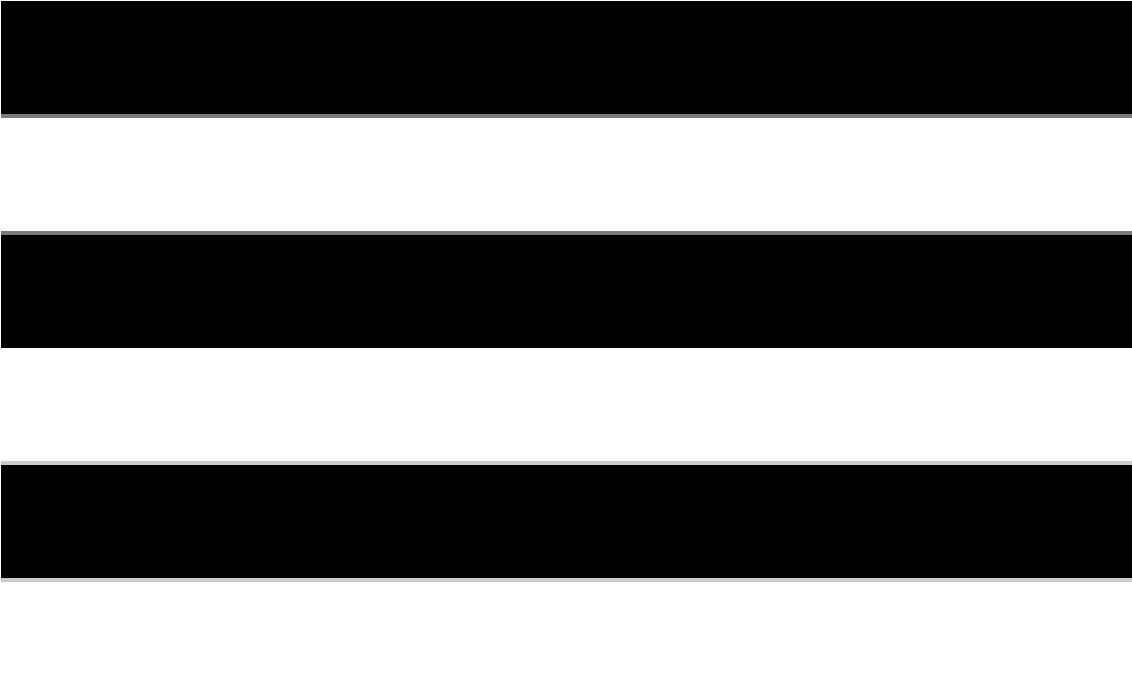 Straight/Heterosexual/Heteroromantic Pride Flag by pride-flags-for-cishets
Straight/Heterosexual/Heteroromantic Pride Flag by pride-flags-for-cishets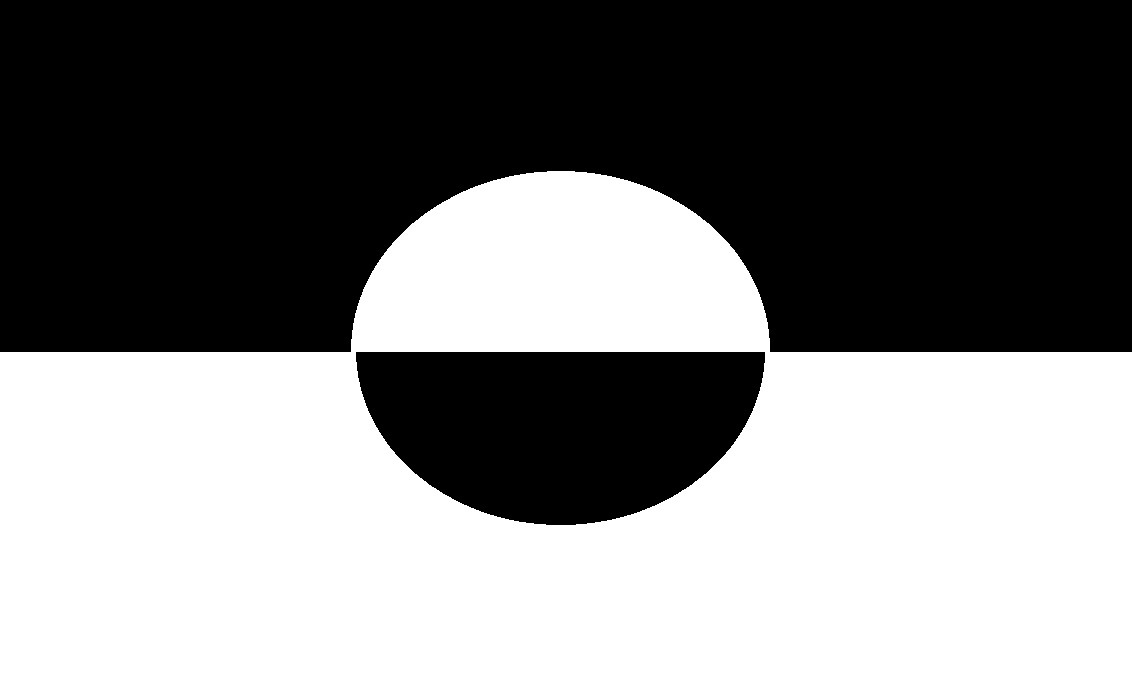 Straight/Heterosexual/Heteroromantic Pride Flag by pride-flags-for-cishets
Straight/Heterosexual/Heteroromantic Pride Flag by pride-flags-for-cishets
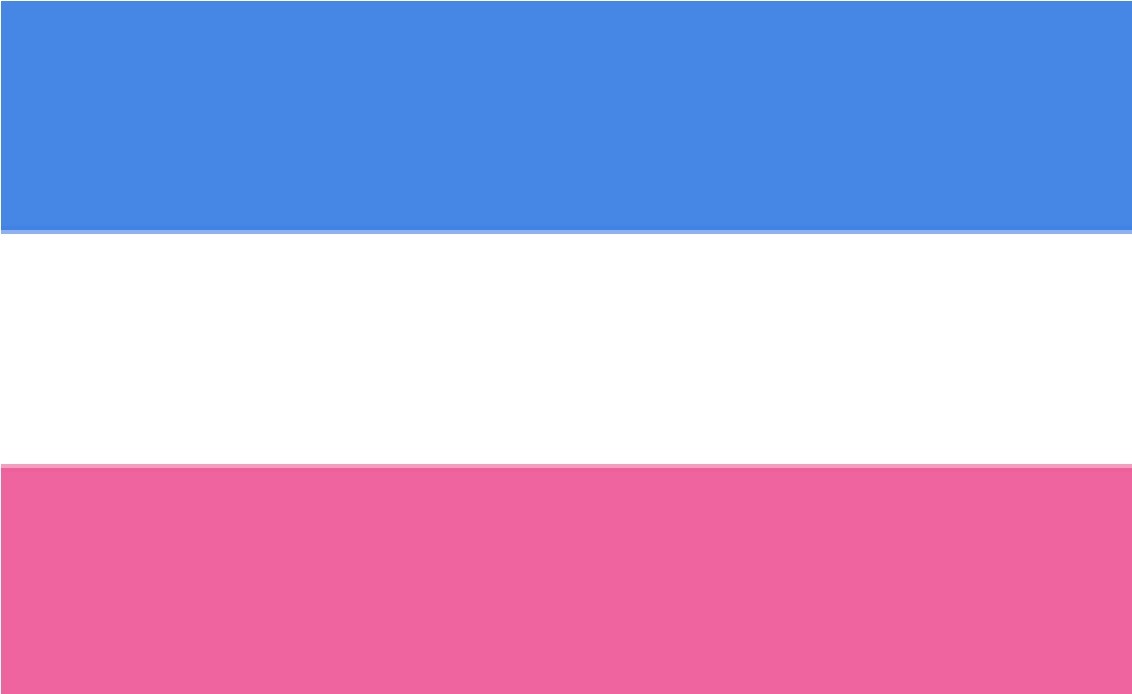 Straight/Heterosexual/Heteroromantic Pride Flag by pride-flags-for-cishets
Straight/Heterosexual/Heteroromantic Pride Flag by pride-flags-for-cishets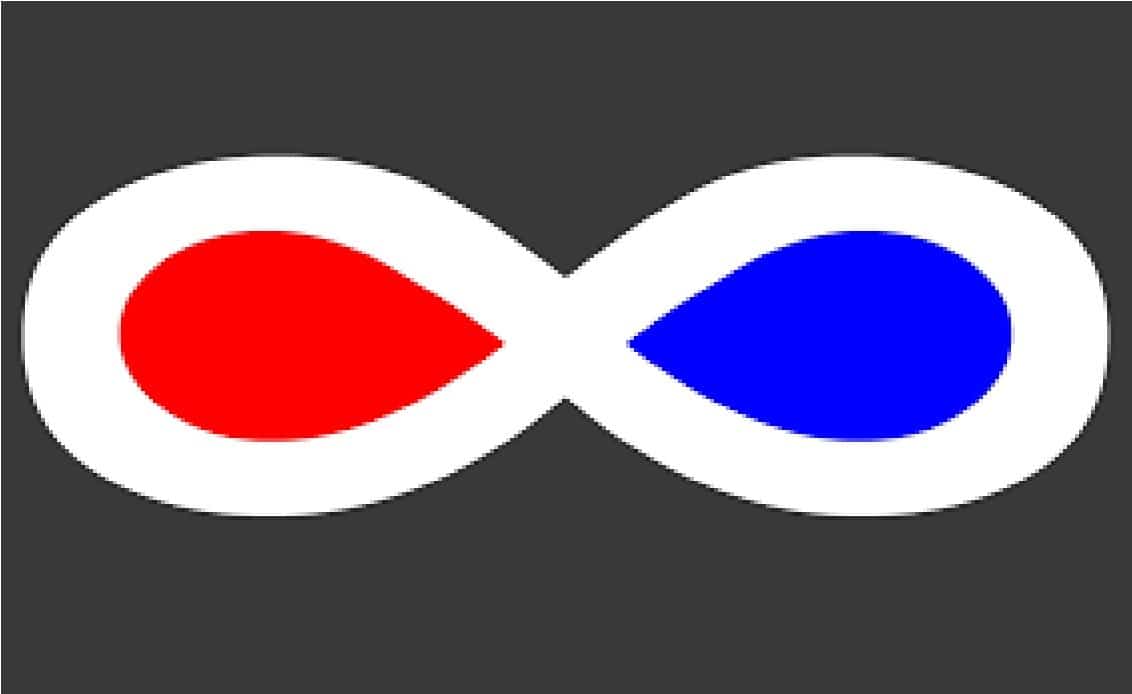 Straight/Heterosexual/Heteroromantic Pride Flag by pride-flags-for-cishets
Straight/Heterosexual/Heteroromantic Pride Flag by pride-flags-for-cishets
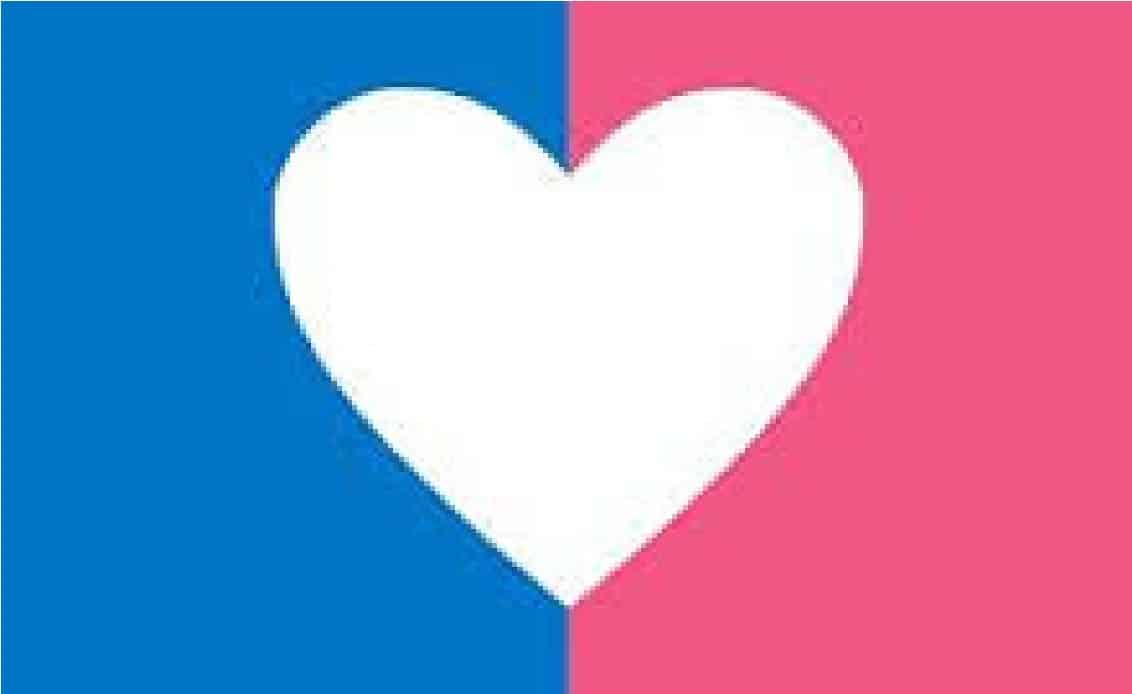 Straight/Heterosexual/Heteroromantic Pride Flag by pride-flags-for-cishets
Straight/Heterosexual/Heteroromantic Pride Flag by pride-flags-for-cishets
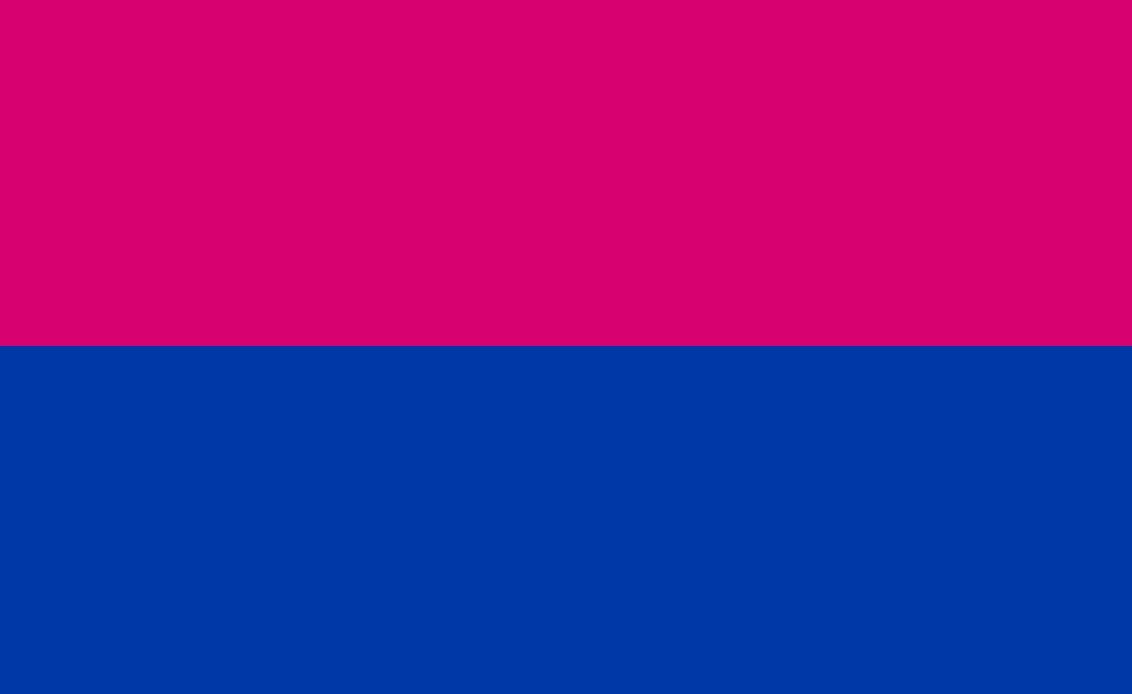 Straight/Heterosexual/Heteroromantic Pride Flag by pride-flags-for-cishets
Straight/Heterosexual/Heteroromantic Pride Flag by pride-flags-for-cishets
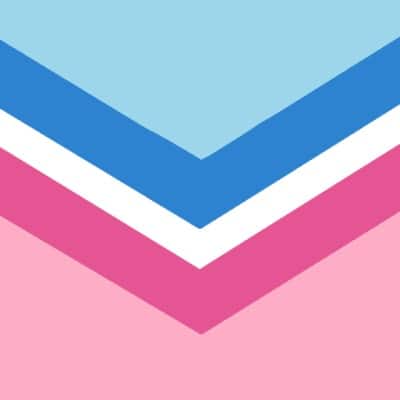 Queer cishet flag by enb-ab-y
Queer cishet flag by enb-ab-y
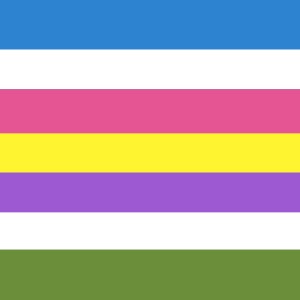 Queer cishet flag by enb-ab-y
Queer cishet flag by enb-ab-y
Pronouns
The pronouns for cis het individuals usually go without saying, as the general assumption is that cis women use “she/her” and cis men use “he/him”. So the real question here is – should cishet people use personal pronouns?
Many cisgender and straight people have already started spontaneously specifying their pronouns, and while some see it as progressive, others don’t see the point. But what’s truly valuable about the gesture is that it normalizes the process.
As Gena Dufour writes on Saint Mary’s University’s Student Publication, cis privilege can actually be used to do some good for the LGBTQ+ folks. The example she uses is the following – if only one out of ten people mentions their pronouns as they introduce themselves, this person will inevitably stand out as being “different” from the rest of the group.
But if all ten people of the same group mention their pronouns, making it no big deal, the impact on the one gender non conforming person is huge, cultivating their sense of safety and belonging towards the group. All it takes is some initiative.
Controversy
The cishet wording has often been used with a negative connotation, deliberately separating cishet people from the LGBTQ+ world entirely. Some even go as far as to argue that cis het people calling their significant others “partner” is appropriation.
Although a few people defend the segregation of cis het and LGBTQ+ people, and use the cis het terminology as a means to accentuate this gap, most people acknowledge and value the presence of cis het individuals in the LGBTQ+ family as allies.
And even if the cishet word was initially created out of prejudice, which is uncertain, it has now become just a term, like other terms the LGBTQ+ community use to reference each other, and generally free from innuendo.
The importance of Allies in the LGBTQ+ Community
An LGBTQ+ ally is someone who is cishet but actively participates in gender equality discussions, defends LGBTQ+ rights, and criticizes transphobia and homophobia. Recognizing the fight for LGBTQ+ rights as a matter of social justice should also be promoted by cishet individuals.
Criticizing the system from within can, very often, have a much stronger impact on even the most prejudiced minds. As Jean Turner points out in an interview, allies have the power to call out homophobic/transphobic comments out of decency and not out of personal offense.
Besides actively opposing intolerance and injustice, the allies’ purpose is to support. By offering unconditional support, cishet allies constantly foment a safe environment around them in which LGBTQ+ people can freely manifest their genders and sexual orientation without fear of judgment or even vulnerability.
Is most of the human population cishet?
This question entails an interesting assumption, fueled by cisnormativity, cissexism, and transphobia, that only recently started being questioned.
Are LGBTQ+ people really a minority? Or is it just that most cisgender and straight people were never given the choice to think of themselves otherwise?
Many people live in a social context in which thinking (or feeling) outside the box is forbidden and punished, but even those who were blessed with more liberal circumstances can’t help but feel the pressure of prejudice. In other words, contemplating a different reality than the one we’ve been taught can be a difficult and challenging process.
Only in a utopic scenario would we be able to find answers to these doubts. If every single person in this world was able to analyze their feelings regarding their own gender and sexual orientation without biases, would there be a huge paradigm shift?
Am I cis het?
Even if you’ve always thought of yourself as cisgender and heterosexual, it’s natural and healthy to question your sexual/romantic orientation and gender identity at a certain time of your life, or even every once in a while.
Whether you live in a small town or in New York City, getting to know your sexuality and expressing your gender identity freely can take some introspection and time. As for many other things in life, being patient and honest with oneself is a great start.
Getting to the point
If you confidently identify with the sex you were assigned at birth, then that means you’re cisgender. If you don’t – you could be transgender, non-binary, both, or neither. The possibilities are endless; it’s just a matter of finding the terminology you think best defines how you feel about your gender identity.
The same applies to sexual orientation. If you’re only attracted to the opposite sex, that means you’re heterosexual. But if you feel attracted to people of your own gender as well, you could be bisexual. If you are capable of attraction towards anyone regardless of their gender identity, that means you’re pansexual.
Can asexual people be cishet?
Yes. Being asexual simply means lacking sexual attraction towards other people, but ace people can still experience romantic orientation.
If so, are they part of the LGBTQ+ community?
They are, indeed. It is widely accepted that all A-spec people are part of the LGBTQ+ community, even if they identify as cis het.
If I’m heterosexual, does that mean that I’m cisgender, or vice-versa?
Cis and het don’t always go together. You can be cisgender and gay, or transgender and be attracted to people of the opposite gender. Someone’s gender identity does not define their sexuality, and vice-versa.
One thing is certain – gender is one compass and sexuality is another. Discovering where you stand on each spectrum shouldn’t be a fuss, and accepting yourself should always be the most important thing.
Share this post:
What do you think?
 Cishet Flag
Cishet Flag


